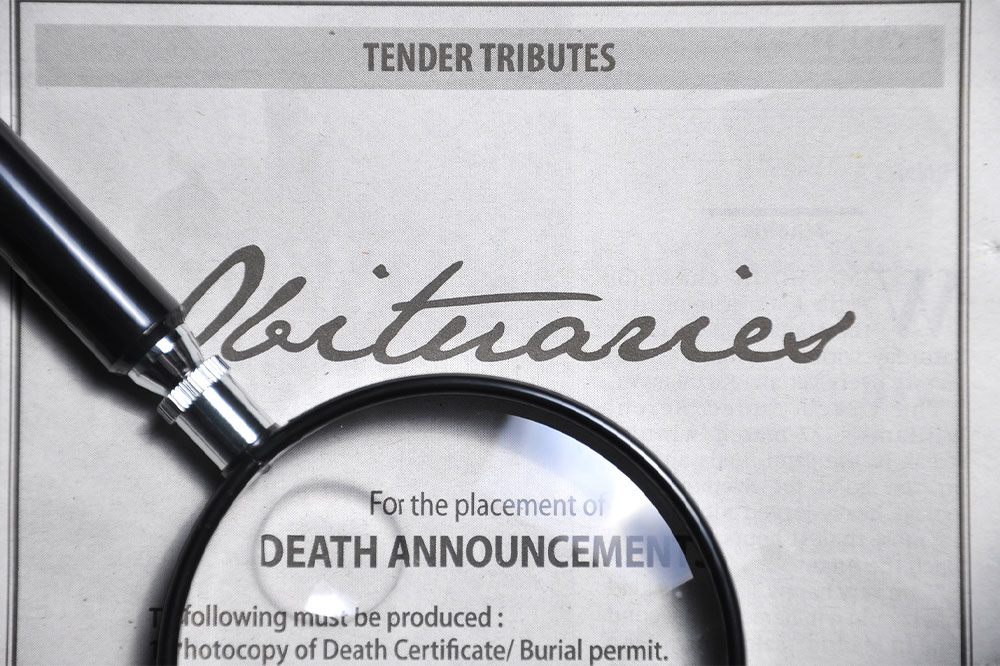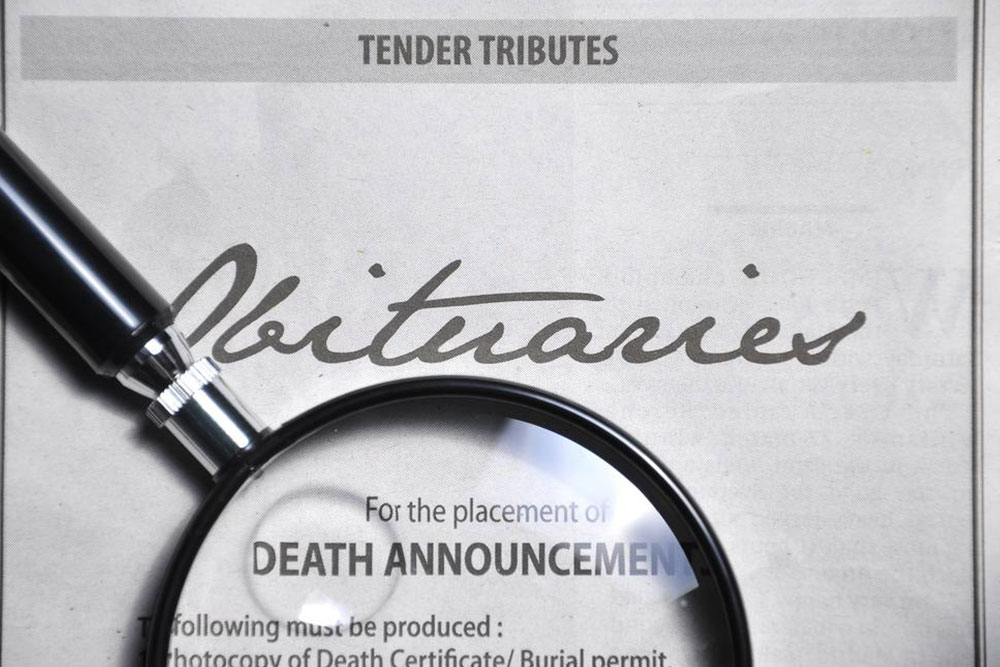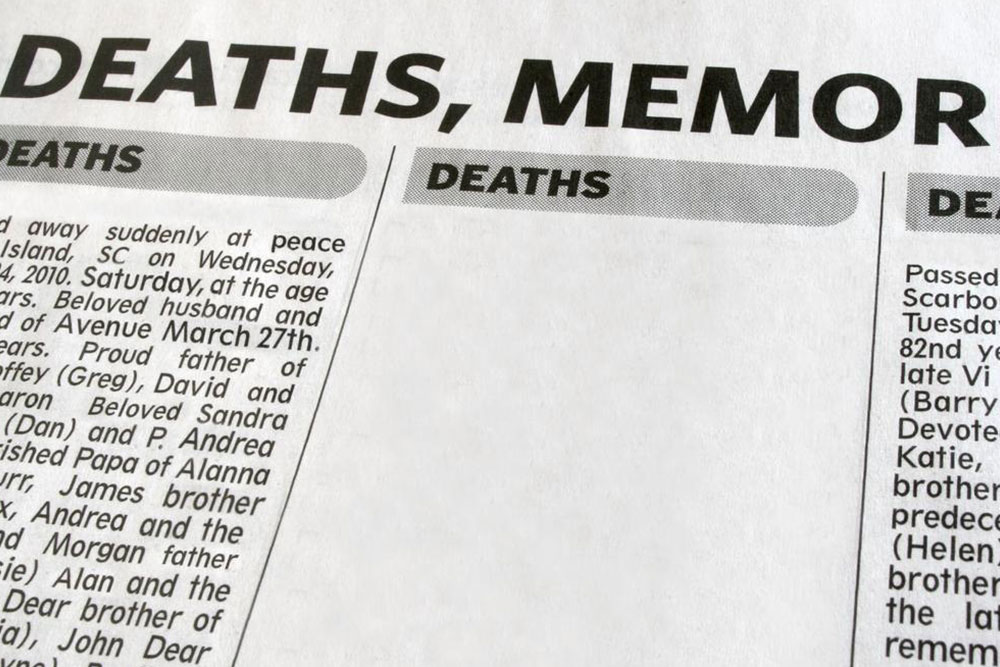How to Write a Respectful and Memorable Obituary
Learn effective strategies for writing heartfelt obituaries that honor loved ones while providing useful information for families and communities. Discover key components, publication tips, and resources to create meaningful memorials that preserve their legacy for future generations.

Guidelines for Crafting a Thoughtful Obituary
The death of a loved one leaves a profound impact. Writing an obituary provides a heartfelt way to honor their memory, sharing details about their life, family, and legacy. It serves as a record for future generations and helps the community remember the individual. Obituaries are compiled from various sources, with many now published online or in local newspapers. They often highlight the person’s achievements, family ties, and contributions, offering comfort and connection to readers.
Understanding Obituaries
Derived from the Latin "obitus," meaning "death," an obituary is a notice that celebrates the life of the deceased. In earlier times, these notices appeared in newspapers, but nowadays, social media has become a popular platform for sharing these tributes. When the deceased is well-known, newspapers may emphasize their milestones, while family and friends may craft personal tributes for others. Online obituary databases serve as valuable repositories for these records.
Essential Elements of an Obituary
Obituaries don’t need to be overly lengthy; however, including meaningful details enhances their significance. A brief note can suffice for newspapers, while online records accommodate more in-depth stories. Key information to include is the deceased’s name, age, residence, date and place of death, and cause of death. It’s also important to share background information such as education, career, community involvement, and personal anecdotes that illustrate their character. Mentioning family members—both predeceased and surviving—humanizes the tribute and fosters a sense of community.
The obituary should also provide details about funeral arrangements, memorial services, calling hours, and options for donations or contributions in their memory. Concluding the piece with an open invitation for friends and family to pay their respects, along with appropriate contact times, is customary. If applicable, suggest donations to a cause meaningful to the deceased, honoring their legacy.
Arrange all details chronologically—from birth to death—to create a clear and respectful narrative. Maintaining this structure ensures that obituary records are accurate and easily accessible for future reference.
Writing an obituary is a cathartic process that allows loved ones to reflect on positive memories. It can be both challenging and rewarding, providing comfort to the living and legacy to the deceased. Public obituary records are vital for genealogical research and community awareness. They play a crucial role in preserving history and honoring lives across generations. For seniors and community members, obituaries serve as a vital link, ensuring that the stories of loved ones are never forgotten.
To gather comprehensive obituary records, it’s recommended to utilize multiple sources, including newspapers and online databases. Local archives, libraries, and historical collections can also be valuable tools. Combining these resources helps create a complete and respectful memorial.









